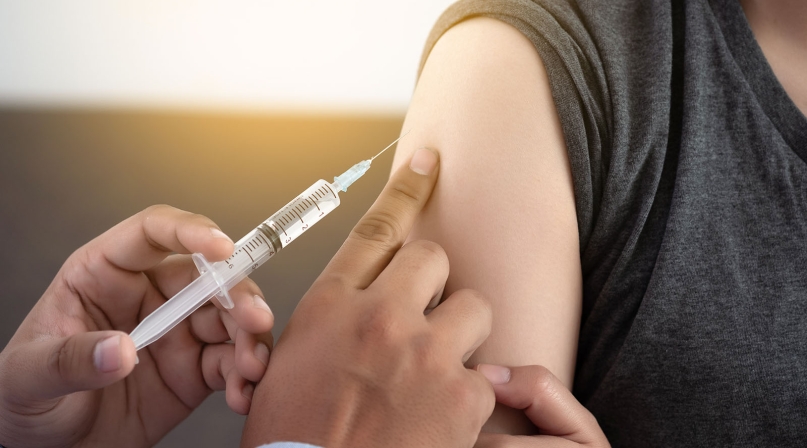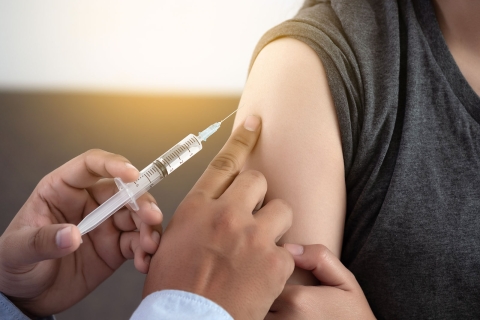Rockland County, N.Y. declares state of emergency to stem measles outbreak

Key Takeaways
Hoping to stop a growing measles outbreak, Rockland County, N.Y. has declared a state of emergency, barring unvaccinated minors from public places. The New York City metro area county of 300,000 west of the Hudson River has confirmed 153 cases of measles since October, with 48 in 2019.
“We have the worst outbreak of the measles in the nation and great challenges call for bold action,” County Executive Ed Day said at a news conference held March 26. “This is a public health crisis, and it is time to sound the alarm and take the appropriate action that, while it may be the first in the nation, is necessary to address the crisis right here in Rockland.”
Measles can lead to pneumonia or encephalitis. The ban includes public spaces, schools, restaurants, businesses, public transit and houses of worship.
Learn More
Law enforcement, however, will not patrol or ask for vaccination records. Those found to be in violation will be referred to the Rockland County District Attorney’s Office.
The Rockland County Department of Health planned to hold a free measles, mumps and rubella vaccination clinic. The county has administered 17,000 doses of the MMR vaccine since the outbreak started in October 2018. Nearly 6,000 unvaccinated children were sent home from school, thanks to an earlier executive order.
“Every action we have taken since the beginning of this outbreak has been designed to maximize vaccinations and minimize exposures,” Day said. He noted that the county’s Orthodox Jewish families have been hard hit by measles; he said the ban is not an attempt to infringe on religious rights. Rabbis, local officials and doctors have helped get the word out about the importance of vaccinations in a public health campaign.
The Centers for Disease Control and Prevention has seen six outbreaks in addition to Rockland County’s, including 214 confirmed cases in Brooklyn (Kings County) and Queens (Queens County), N.Y., Clark County, Wash., with 73 cases, a smattering of cases across counties in Texas, Illinois and California.
The anti-vaccine movement has fueled some resistance, which Day said in his news conference has continued despite the county’s educational outreach.
“This type of response is unacceptable and irresponsible,” he said. “It endangers the health and well-being of others and displays a shocking lack of responsibility and concern for others in our community.”

Attachments
Related News

HHS Secretary Kennedy touts fixes for obesity, chronic illness, mental health issues
Counties can help improve health outcomes by prioritizing prevention over treatment, Robert F. Kennedy Jr., secretary of the U.S. Department of Health and Human Services told NACo Legislative Conference attendees.

Drug tracking software helps counties identify trends, save lives
Florida counties are using an artificial intelligence tool called Drug TRAC to track and report drug trends, with the aim of providing quicker outreach and saving lives.

White House Executive Order establishes national substance use disorder response
On January 29, the White House issued an Executive Order (EO) establishing the Great American Recovery Initiative, a new federal effort aimed at coordinating a national response to substance use disorder (SUD).
